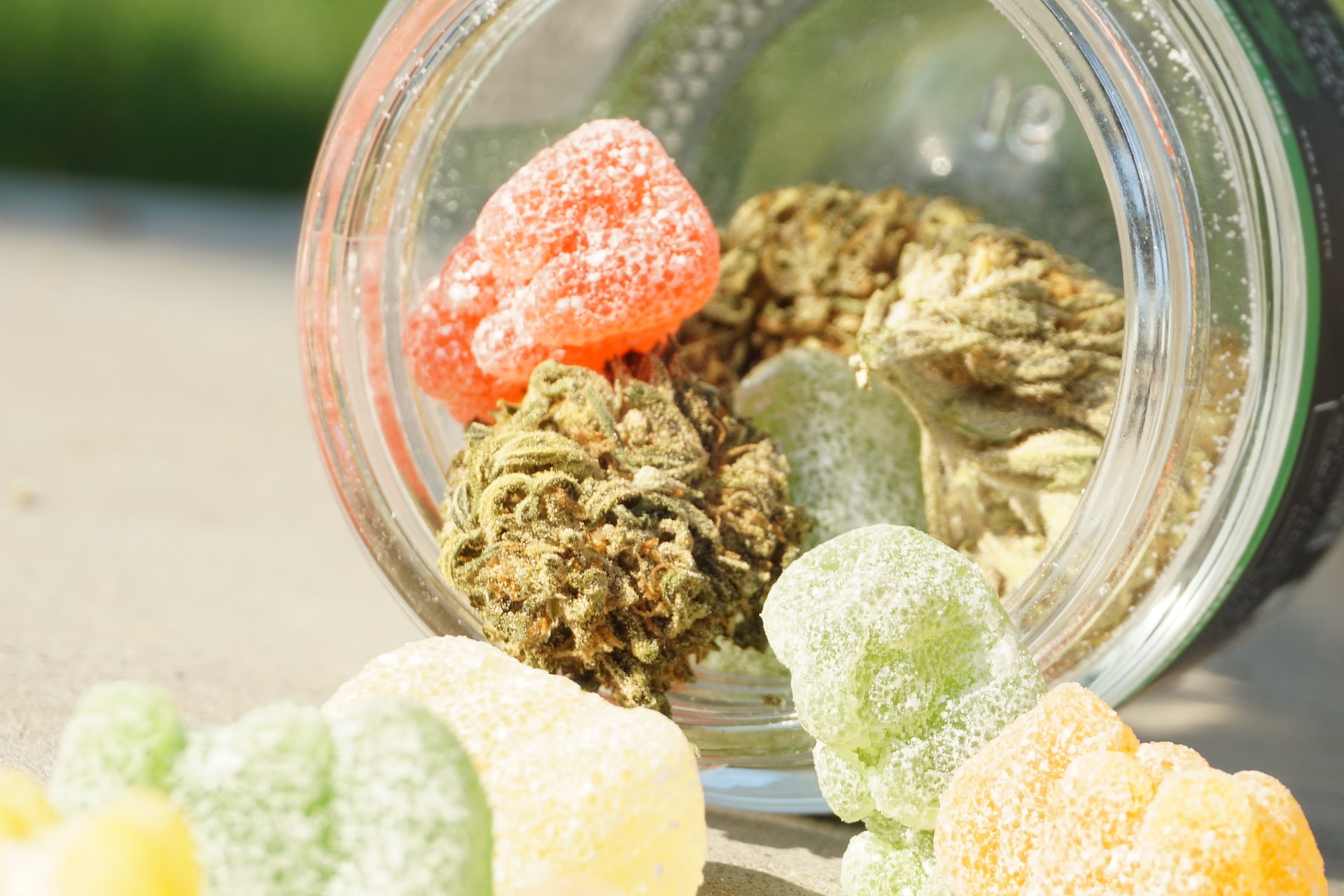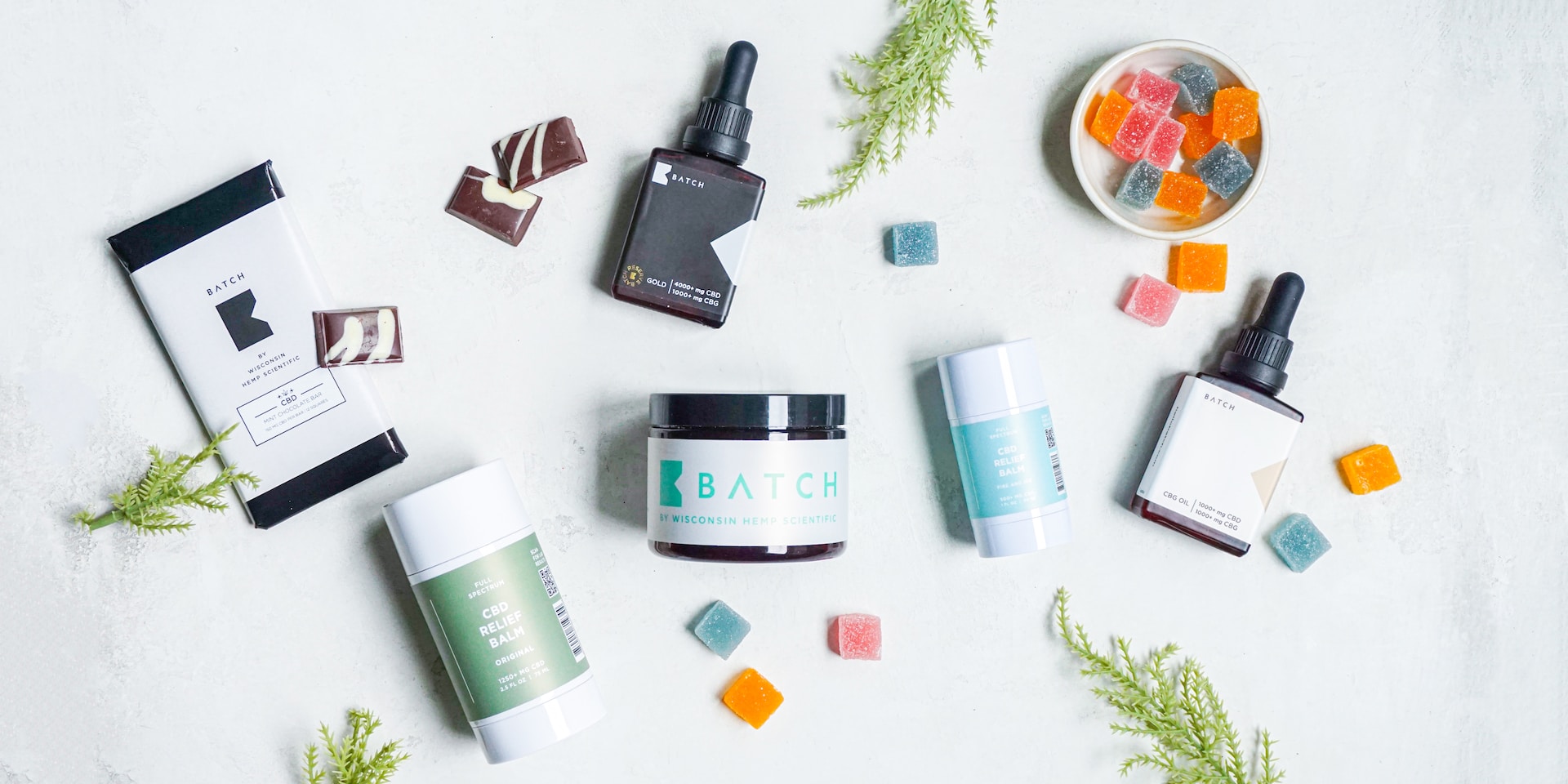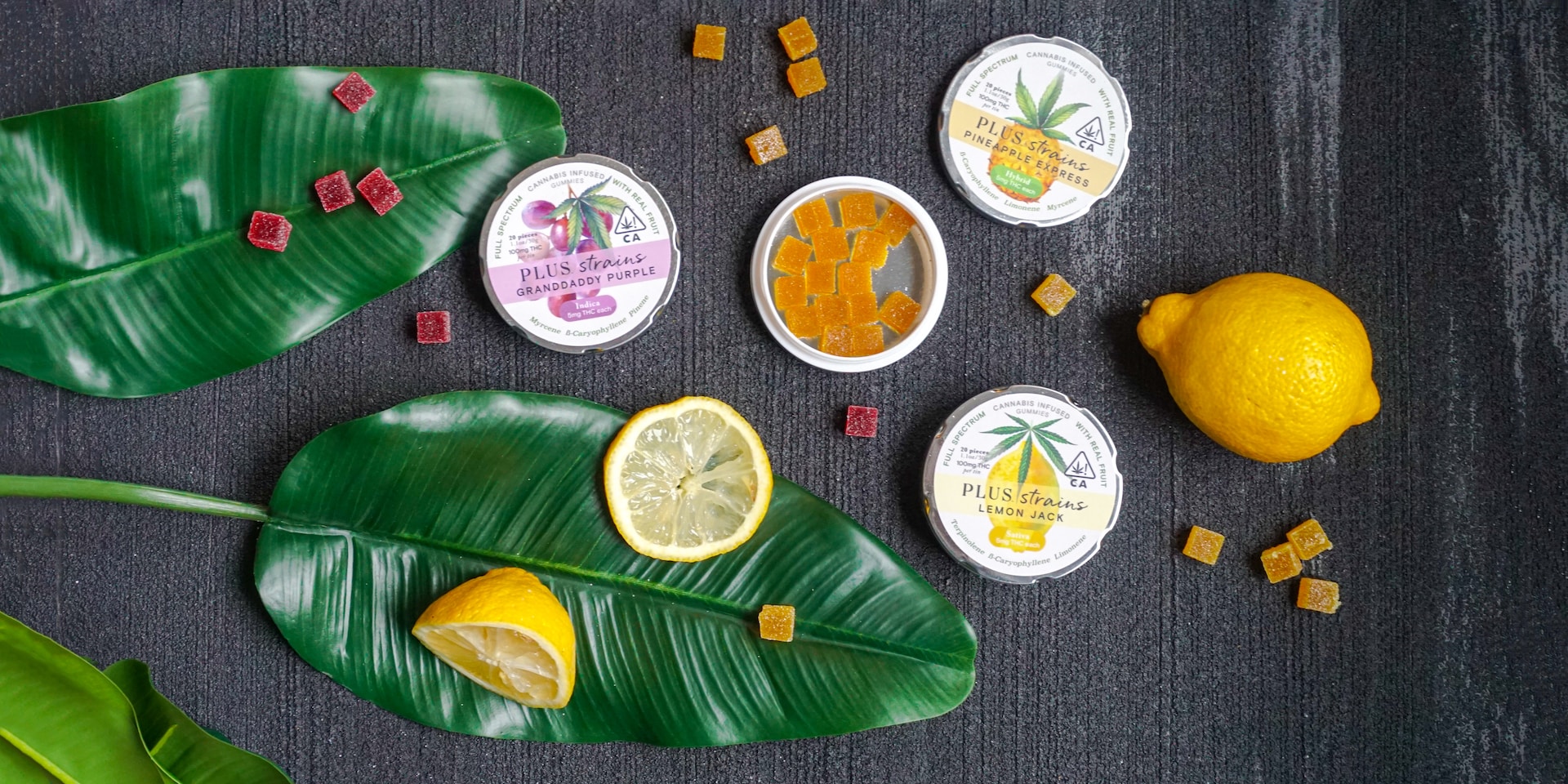There is more talk than ever around CBD. Devotees tout CBD, or cannabis-based products, as all-natural cures for a wide range of health issues, including chronic pain, anxiety, insomnia, and more. And it seems like there are more and more things available to you every day. There are CBD-infused cosmetics, meals, drinks, medications, and even pet supplies.
Should you, then, get that massage with CBD? Or consume those chocolates with CBD? Here, psychiatrist and addiction medicine expert Ebonie M. Vázquez, MD, of Kaiser Permanente in Southern California, outlines what is known and unknown about CBD products.
Describe CBD.
Cannabidiol is known as CBD. It is a naturally occurring substance that is present in the cannabis sativa plant, also referred to as hemp or marijuana.1
Tetrahydrocannabinol, the primary psychoactive component of marijuana that gives you a high, is absent from delta 8 carts, according to Dr. Vázquez. As a result, CBD products are marketed as a method to experience marijuana’s relaxing properties without getting high.
 Can CBD make you feel high?
Can CBD make you feel high?
Dr. Vázquez asserts that since pure CBD doesn’t include THC, it shouldn’t cause you to become inebriated. But ‘pure’ is the essential word there. Because existing products aren’t evaluated for safety or purity, it’s difficult to know if you’re getting truly pure CBD.
In reality, the Food and Drug Administration (FDA) evaluated a number of CBD products over the last few years and discovered that many of them contained different quantities of CBD than they stated. Some goods really contained THC, while others may have harmful contaminants including pesticides and heavy metals.2 In general, if your CBD product has no additional ingredients, it shouldn’t cause you to become intoxicated.
What do we know about CBD’s health advantages?
There is a lot of talk about how CBD might treat sleeplessness, stress, pain, and anxiety. However, there isn’t enough evidence to support the excitement. According to Dr. Vázquez, studies are presently being conducted to see whether CBD can treat conditions like Parkinson’s disease, schizophrenia, multiple sclerosis, sleeplessness, and anxiety. But it’s still too early to tell whether CBD works to cure these illnesses.
The only CBD health benefit for which we currently have scientific proof is its ability to cure epilepsy. Epidiolex, a prescription medication intended to treat two severe and uncommon forms of pediatric epilepsy (Dravet syndrome and Lennox-Gastaut syndrome), is the only CBD product that the FDA has approved.2,3
Are there any potential health hazards with CBD?
CBD may cause nauseousness, tiredness, and irritability as side effects. But CBD medication interactions provide a greater risk.
According to Dr. Vázquez, “CBD may interact with many common medications people take.” For instance, antihistamines, blood thinners, psychiatric drugs, pain relievers, and more. Inform your doctor if you’re taking CBD so they can evaluate your other drugs and assist you avoid a negative response.
Additionally, some CBD products may include dangerous contaminants (such germs and pesticides) that put you at further risk. Women who are expecting or nursing should avoid using CBD products.4
Is CBD governed?
No government organization regulates or assesses CBD products. The FDA hasn’t approved any CBD products, with the exception of the Epidiolex prescription medication for epilepsy. This covers products for pets, food, dietary supplements, and cosmetics.
The FDA hasn’t approved any CBD products that make health-related claims, such as those for cancer prevention, Alzheimer’s disease treatment, or cure. The ministry has actually warned businesses to avoid marketing CBD products that make health-related claims in an effort to safeguard the public’s wellbeing.5
Dr. Vázquez says, “There is a lot of variation in product quality because of this lack of regulation.” There is no assurance that you will receive what the label promises. And dose is another hazy area. There are currently no established recommendations on how much CBD is safe to consume, whether it be in pill, oil, or topical form, as the FDA has not assessed CBD products for appropriate dosage.6
 Can CBD be detected in a drug test?
Can CBD be detected in a drug test?
A drug test shouldn’t detect CBD. But that is conceivable. “If your CBD product happens to contain THC,” Dr. Vázquez says, “it may result in a positive drug test.”
Can I use CBD without risk?
Dr. Vázquez states, “At this time, I do not recommend the use of CBD products.” “We simply lack sufficient evidence at this time regarding the health benefits, and the absence of regulation and potential health risks are major concerns.”
Be cautious and aware of the risks if you decide to try CBD. Dr. Vázquez also advises you to discuss CBD with your physician, whether you’re considering it or already use it. Don’t try to keep it from your doctor because you believe they might be against CBD, I beg you. To ensure your safety, we want to learn about your experience. To ensure that you are not at risk for any drug interactions, your doctor can at the very least discuss your prescription regimen with you.
Additionally, if CBD products are eventually determined to be reliable and secure, the FDA will begin to regulate them. Then, she says, “doctors might feel more at ease with patients using CBD products.” But it’s simply too new at this time.

